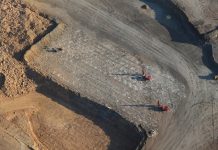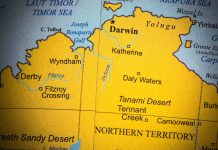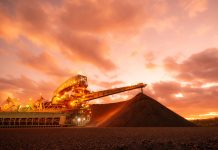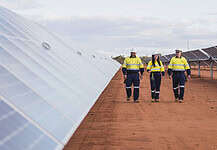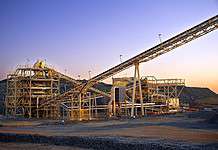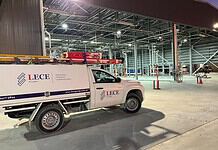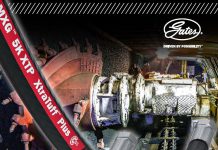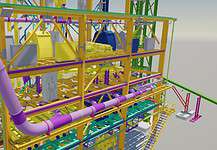By Rachel Dally-Watkins
2 April, 2015
THE price of iron ore has fallen below US$50 per tonne for the first time in a decade, prompting fears that many juniors operating on thin margins will be forced out of the market.
On 2 April, the price of iron ore for immediate delivery to the Chinese port of Tianjin dropped to $US49; a stark contrast to record US$185/t asking price during 2011.
The price plunge is taking its toll on junior and mid-tier iron ore miners, with economists forecasting prices will continue to fall before levelling out.
ANZ predicted a low of US$47/t, while Deutsche Bank stated prices could get as low as US$40/t before improving.
Commentators have attributed the falling price to a supply glut and a slow-down in Chinese demand, with shares in iron ore majors Rio Tinto, BHP Billiton and Fortescue Metals reflecting the industry wide downturn.
Junior operators such as BC Iron and Atlas Iron faced increasing losses – Atlas Iron was recently trading at an all-time low – and as a result both companies fell from the ASX 200 index.
BC Iron became the first company to take advantage of the WA Government’s scheme to defer royalty payments, netting it reported savings of $12 million for now, with other juniors expected to follow suit.
The ongoing price plunge is expected to cut $3 billion from WA state revenue and a further $3 billion from the federal budget.
In a recent interview, Fortescue chairman Andrew Forrest spoke out against the tactics of Australia’s iron ore majors, claiming they were flooding the market and as a direct result damaging the economy, resulting in billions of dollar of value lost for shareholders.
He called on a cap for production in order to alleviate the downturn.
“Rio is competing with BHP to smash global investment returns for their shareholders as well as tax and royalty receipts for the federal and state governments,” Mr Forrest told The Australian.
“Their statements that they will expand at any price drives down that price in their endeavour to drive everyone else out of business.”
Fortescue chief executive Nev Power stated that a depressed iron ore price was not in the interests of customers, shareholders of any Australian iron ore exporter, nor in the interests of the state or federal governments.
“A strategy of concentrating market share in the hands of fewer is not good for our customers in the long run and Economics 101 tells us that it destroys shareholder value that can never be recovered,” he said.
“The comments made by [Mr Forrest] were highlighting the point that a last man standing fight for market share will damage shareholders of all companies and is not in the long term interests of our host nation Australia nor of our customers, and those comments were intended to draw attention to the fact that there is provision in Australia’s competition law dealing with the potential for discussions to be held by exporters.
“We believe shareholders will insist that they do not want to see value destroyed and ultimately they will dictate to management that they prefer a focus on profit rather than a focus on market share.”

